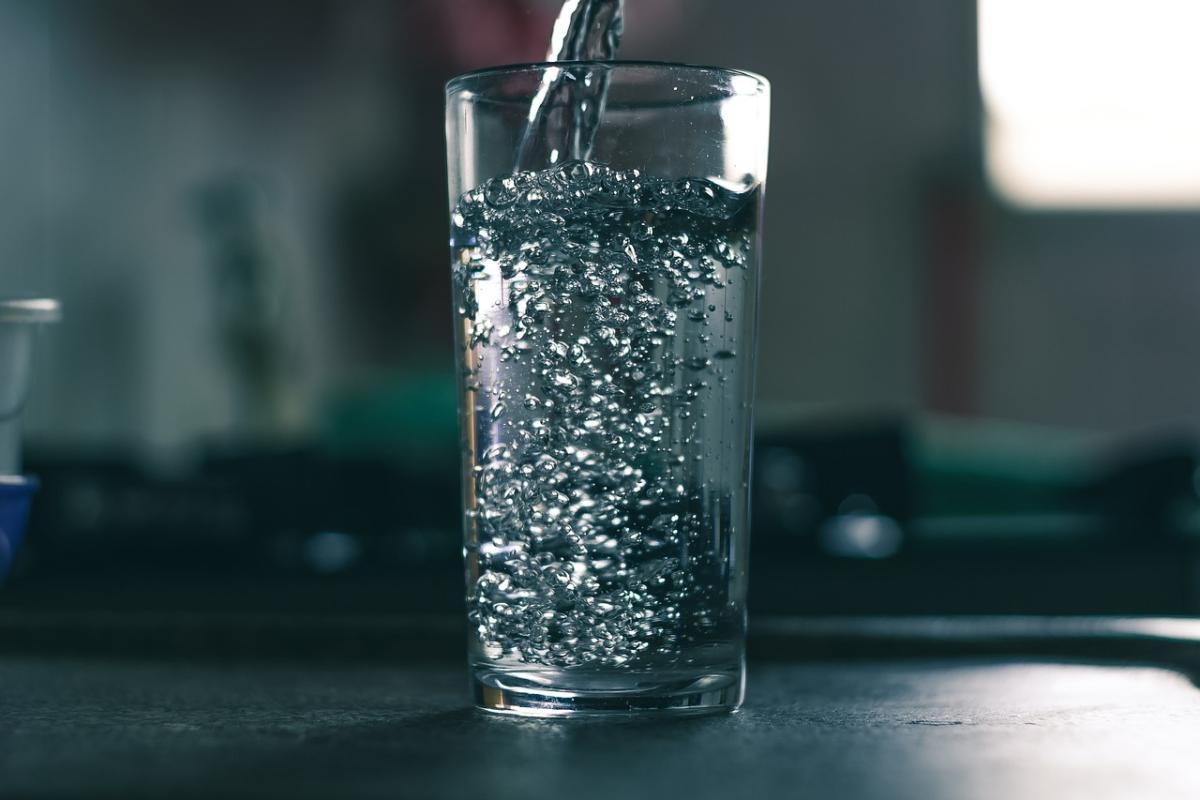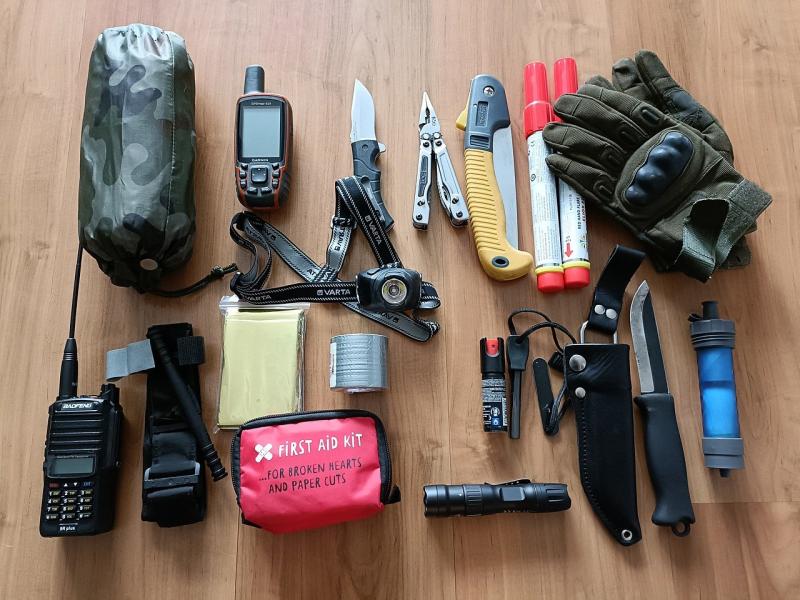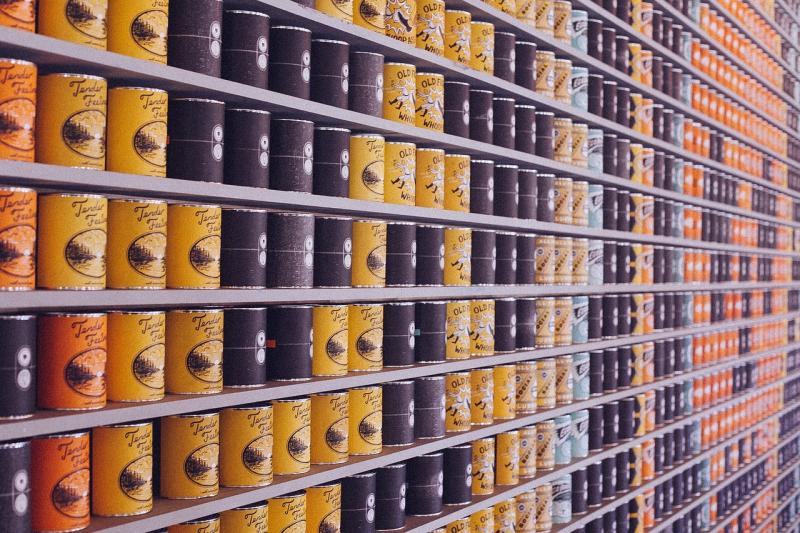When you're prepping for emergencies, having clean water is non-negotiable. Choosing the right bottled water can make all the difference, especially for long-term storage. Let's look at some of the best options to stock up on.
First up, we have spring water. It’s naturally sourced and often rich in minerals, making it a great choice for drinking. Brands like Poland Spring and Arrowhead deliver quality you can trust. Just check the expiration dates to ensure longevity in your stash!
Purified water is another solid option. This type goes through a rigorous filtration process, ensuring it’s free from contaminants. Look for brands like Nestlé Pure Life or Aquafina, which are reliable and easy to find in bulk. They’re great for practical use and should last quite a while in proper storage.
If you’re thinking of long-term prepping, then consider water pouches. These lightweight packs, like those from Ready America, provide a compact solution. They're easy to store, have a shelf life of 5 years or more, and are perfect for emergencies or bug-out bags.
Lastly, don’t overlook flavored water. Though it may not be your first thought, having some on hand can improve morale during stressful times. Options like Hint and LaCroix offer a refreshing change without added sugar or calories. Just remember to mix it up!
Essential Water Filtration Options
Portable Water Filters are a top choice for many preppers. These are compact, lightweight, and perfect for on-the-go use. You can take them hiking, camping, or keep one in your emergency kit. Look for filters that can remove bacteria, protozoa, and even some viruses. Brands like Sawyer and Lifestraw are popular because they do a great job and don't take up much space.
Water Purification Tablets are another handy option. These little tablets can treat a liter of water in just 30 minutes, making them super convenient if you're in a pinch. Just remember, they might not taste the best, but they’ll get the job done when you need clean water fast. Brands like Katadyn and Aquatabs are reliable picks.
Gravity Filters are ideal if you're stocking up for more extended periods. They work by letting water flow through a filter using gravity, usually with a bag or container above. This means you can filter larger quantities at once. Some popular options are the Big Berkey or the Platypus GravityWorks. They’re efficient for family or group prep scenarios.
Lastly, DIY Filters can be a lifesaver if you're in a tight spot. You can create a simple filter using sand, charcoal, and gravel. While this may not purify water entirely, it can help remove larger particles and improve clarity. Just be sure to follow up with a strong purification method for safety.
Storage Solutions for Emergency Water
When you're prepping for emergencies, thinking ahead about how to store water is crucial. Having clean, drinkable water on hand can make all the difference in a crisis. There are a few smart storage solutions you can consider to keep your water safe and easily accessible.
First up, let's talk about water barrels. These large containers can hold anywhere from 30 to 55 gallons of water, which is a great way to have a bulk supply ready to go. Look for food-grade plastic barrels—they're designed to keep water fresh and free from contaminants. Make sure to store them in a cool, dark place to prevent algae growth.
Another option is using stacking water containers. These are usually smaller, ranging from 1 to 7 gallons, and they can be easily stored in closets, under beds, or even in your car. The best part? Many of these containers are designed to be collapsible, making them simple to take along if you need to evacuate.
If you're short on space, consider water pouches. These lightweight, resealable bags can hold about 1 to 2 liters and are great for grab-and-go situations. They take up minimal room and can fit into backpacks or emergency kits effortlessly. Just make sure you check expiration dates and rotate your supplies regularly!
Lastly, remember to include water purification tablets in your storage plan. Even if you've stored your water safely, it's wise to have a backup plan in case it gets contaminated. These little tablets can help ensure your water is safe to drink whenever you need it.
Tips for Collecting Rainwater Safely
Collecting rainwater is a smart move for preppers, but it’s essential to do it safely. Here are some straightforward tips to ensure you’re gathering not just quantity, but quality water.
1. Use Clean Gutters and Downspouts: The first step is to make sure that your gutters and downspouts are clean and free of debris. A build-up of dirt, leaves, and even bird droppings can contaminate your collected water. Regular cleaning helps maintain the quality.
2. Choose the Right Storage Container: Not all containers are safe for storing rainwater. Opt for food-grade plastic barrels or stainless steel tanks that won’t leach harmful chemicals. Make sure they have a tight lid to keep out pests and prevent evaporation.
3. Add a First Flush Diverter: Consider installing a first flush diverter. This handy device sends the initial flow of rainwater— which often carries contaminants—away from your storage tank, helping to keep your water cleaner.
4. Use Filters for Safety: If you plan to use rainwater for drinking or cooking, filtering it is a must. A good filtration system can remove any remaining impurities, giving you peace of mind about the water you’re using.
5. Regularly Test Your Water: Even with all precautions in place, it’s wise to test your rainwater regularly. Test kits are available to check for bacteria, pH levels, and other contaminants. This way, you’ll always know if your water is safe to use.



